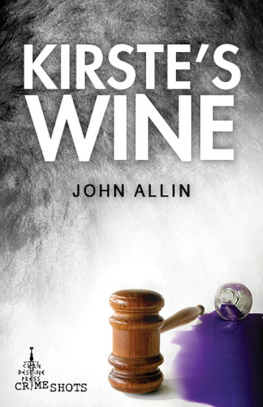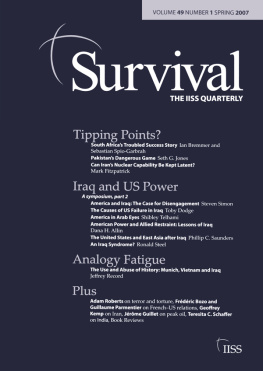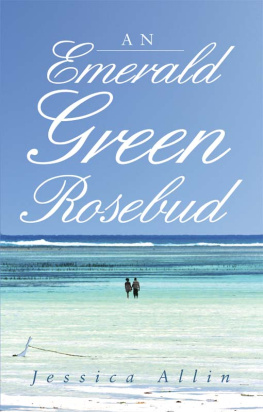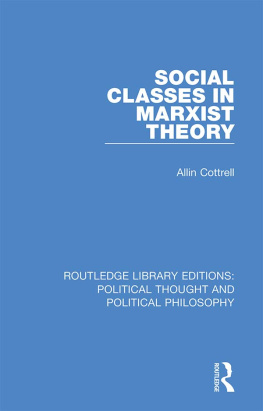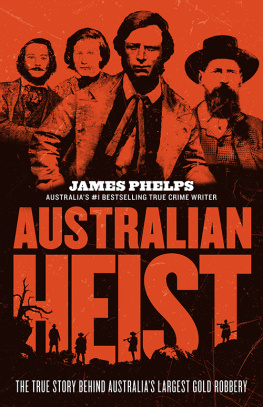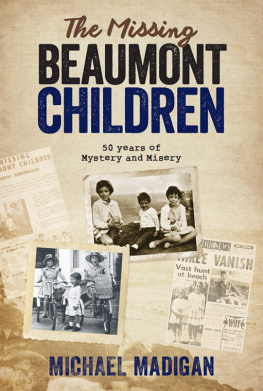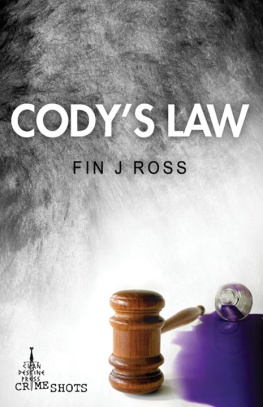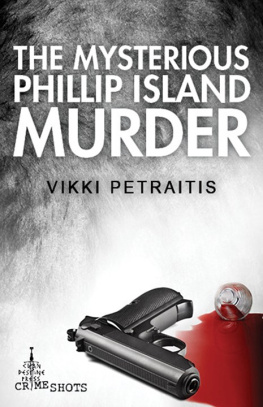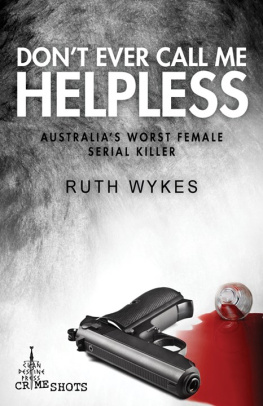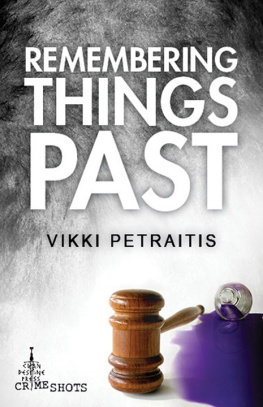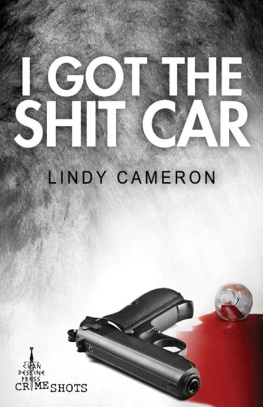CLAN DESTINE PRESS
is proud to release
this ebook
and hopes you enjoy the story.
Please feel free to visit us for more great books by Australian authors:
http://www.clandestinepress.com.au
KIRSTE'S WINE
by
John Allin

First published in eBook form by Clan Destine Press in 2013
CDP Imprint: Crime Shots 2013
PO Box 121, Bittern
Victoria 3918 Australia
[First published in print by The Five Mile Press 2009]
Copyright John Allin
All rights reserved. Nopart of this book may be reproduced or transmitted in any form or byany means, electronic or mechanical, including photocopying,recording or by any information storage and retrieval system, withoutprior permission in writing from the publisher. The AustralianCopyright Act 1968 (The Act) allows a maximum of one chapter or 10per cent of any book, whichever is the greater, to be photocopied byany educational institution for its educational purposes providedthat the educational institution (or the body that administers it)has given a remuneration notice to Copyright Agency Limited (CAL)under the Act.
National Library of Australia Cataloguing-In-Publication data:
Allin, John
Kirste's Wine
ISBN 978-0-9873419-5-2
Cover Design Rae Cooper
BLURB
More than 35 years after one of Australia's most baffling and brazen child abductions, journalist John Allin returned to Adelaide to talk with Greg and Christine Gordon. In this compelling and deeply personal story, Allin tells how a simple but precious gift kept their daughter Kirste's disappearance high in his mind for so many years.
KIRSTE'S WINE
It was a balmy afternoon, with not a breath of wind, when the newspaper reporter left the Gordon family home in the shadow of Adelaide's Onkaparinga Hills all those years ago. He remembers the stillness of that day, and how the silence was broken by the plaintive cries of half a dozen hungry cormorants as they banked high above the myriad grapevines of McLaren Vale and across the Fleurieu Peninsula to the Coorong.
Pen between his teeth, notebook wedged under his right arm, an overnight bag in one hand and a bottle of wine in the other, the reporter climbed awkwardly into the worn-out taxi.
For the past two hours he had been an intruder in the lives of Greg and Christine Gordon. He had asked questions and listened intently as the couple shared their innermost thoughts on loss and grief and everything else that constitutes a parent's worst nightmare.
While the loss of any child, for any reason, is tragic and comparisons can never be made, there are some losses that are, quite simply, different - and beyond imagining.
Greg and Christine's four-year-old daughter Kirste was taken from them in 1973; but theirs was no ordinary loss. These two schoolteachers were victims of one of the most heinous acts in Australia's criminal history.
Kirste - and her 11-year-old friend, Joanne Ratcliffe - had been literally taken; led away by a thin-faced man from a toilet during a football game at the Adelaide Oval.
In the 90 minutes afterwards, four witnesses reported seeing the man with two little girls within three kilometres of the oval.
And then nothing.
Kirste and Joanne were never seen again.
It was January 1976, a little over two years after the abductions, that the journalist entered their home. He wasn't the first, and probably wouldn't be the last, but they graciously agreed to the interview.
With an honesty and dignity the reporter would remember forever, Greg and Christine Gordon talked to him about Kirste's abduction. Without a hint of vitriol or desire for revenge, they described how they'd coped at the time, and how they rebuilt their lives. They shared, with sadness but a quiet acceptance, the impact that Kirste's disappearance had on their second daughter Catherine, and of their decision to have another baby, Ailsa.
The Gordons showed the journalist their children's bedroom and the back garden where Kirste had played. Catherine, who was now four-years-old, and 17-month-old Ailsa played happily in their room but, at one stage during the visit, they showed him Kirste's favourite toys - her teddy, and an orange-haired clown with a bright check shirt and green pants.
He developed a clear picture in his mind of a bubbly little girl called Kirste; a child with a love of singing songs she heard on the radio, with an ability to recite nursery rhymes. He particularly felt the joy she had given her parents and sister - just by being Kirste.
The young reporter didn't have children of his own; God, he didn't even have a girlfriend. Journalistic ambition had derailed all of his relationships. Selfish? Yeah, he admitted that much. But the fact was, he was married to the newspaper. Indeed, his rostered days off invariably found him in the newsroom following up contacts and story leads.
He had read All the President's Men three times already and he was eagerly awaiting the Redford and Hoffman film, which was due for release in a few months. He wanted to be Carl Bernstein; and if that were not possible he'd settle for Bob Woodward, or even Ben Bradlee.
Now here he was - just 25 years old and, in many ways, still green - on one of the steepest learning curves imaginable. And sure, he mightn't have kids of his own but the Gordons had shared only too well the sense of the dread that comes with the loss of child. A loss that was in no way ordinary; a loss that was way off the scale.
Then, through the bay window, he saw the taxi pull up and knew it was time to wind up the interview. Greg escorted him out, past the little piano and the row of hardbacks on the bookcase. The reporter noticed, on a shelf at eye level, the gold-framed photo of Kirste, her curly fair locks tumbling over her forehead, as she held the family's Australian terrier pup. For a moment he felt privileged to be allowed to enter not just their home, but an intimate corner of the Gordons lives.
They shook hands goodbye at the front door but - just as the reporter was silently marvelling that, despite the tragic turn of their lives, Kirste's father still looked younger than his 35 years - Greg said, 'Wait, do you enjoy wine?'
'Sure I do,' the journalist replied, whereon Greg went back inside and returned a moment later with a bottle of shiraz cabernet.
'Kirste was baptised at the St Francis of Assisi church down the road. We needed to build a larger church so this,' he explained, indicating the label, 'was a fundraising red we bottled last year to commemorate the laying of the foundation stone of the new church.
'Please take this as a gift from us. Lay it down for six years and when you open it make sure you have good friends around the table and remember your visit.'
As the taxi drew away from the kerb the reporter looked back to the house and spotted two little girls, their noses flattened against the glass of the bay window; their eyes wide open and wriggling fingers waving goodbye, as they held Kirste's Clown and Teddy.
Then he caught sight of his own reflection in the dirty glass window. Christ, he looked haggard. He surprised himself with a couple of involuntary breaths and realised he was fighting his own emotions. At least there would be some moments to reflect quietly in the taxi. Rummaging around in the side pocket of his bag he found an old pack of Marlboro, shook out a cigarette and lit it with a shaking hand. It tasted foul. He rarely smoked but he needed something. There'd be time for a couple of beers in the plane, he figured. He felt drained and reminded himself to stay detached.
The taxi driver took the narrow road through the grape country and soon had to contend with the peak-hour traffic to Adelaide Airport. He was a large man with few yellow teeth and a stomach that hugged the steering wheel. Sprays of spit showered the windscreen as he talked incessantly. He wanted the journalist to know just how furious he was about Governor-General Sir John Kerr sacking Prime Minister Gough Whitlam just eight weeks before. His feelings on the matter extended from his mouth to his right foot that worked the accelerator like a dodgem car.

